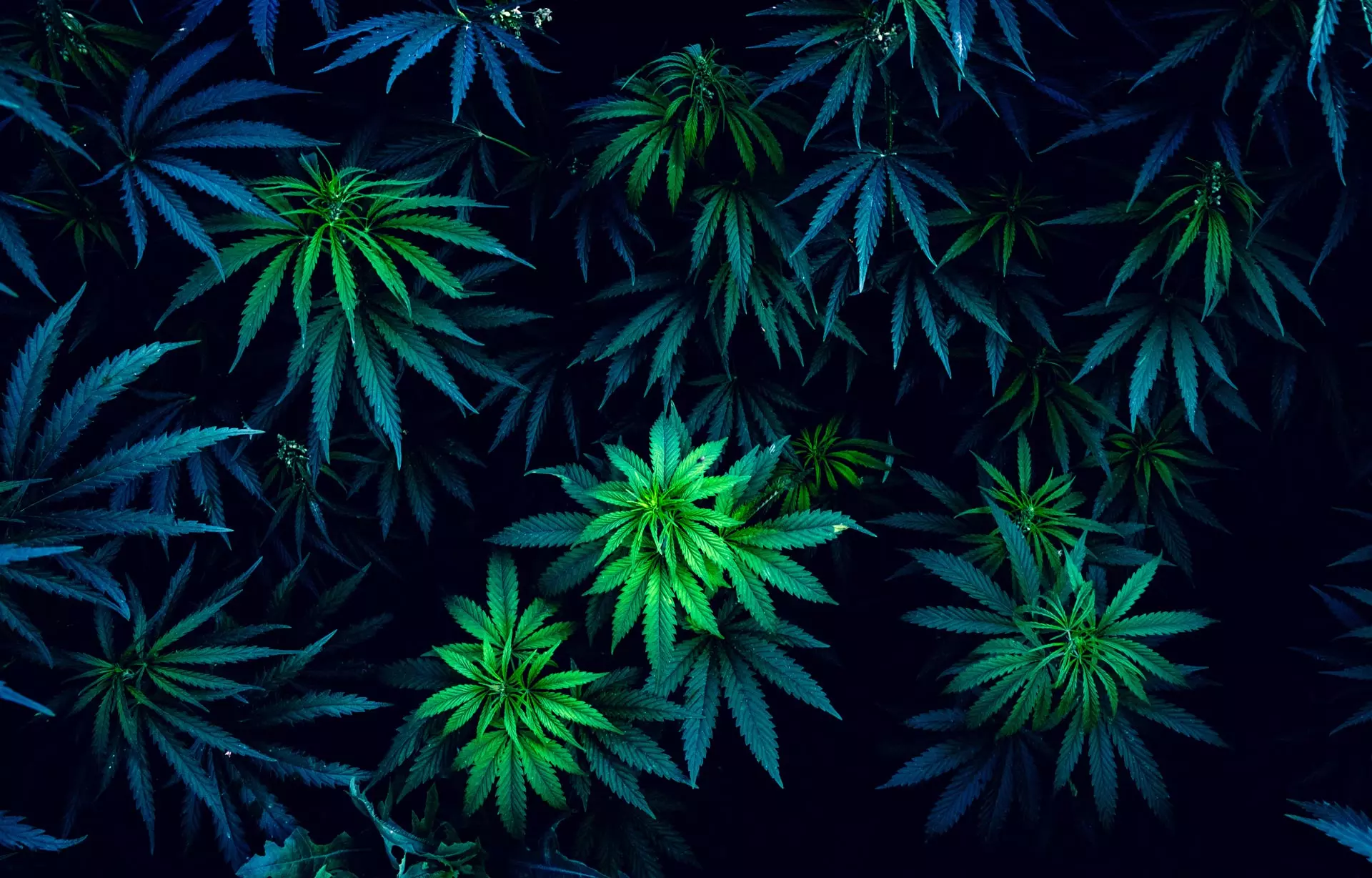
The Efficacy of Cannabis as an Alternative to Opioids
“Life is a pendulum. What is old is new again.”
— Dr. Paul Lomeo, D.O., owner of Indigrow
A perfect example of this concept is cannabis for pain. Cannabis was first used medically thousands of years ago. It was first used in China. It has since also been used medically in various other countries, even the United States in the 1930s. Large pharmaceutical companies were even involved.
According to an important resource titled Marijuana as Medicine? The Science Beyond the Controversy:
“As demand for marijuana-based medications accelerated, pharmaceutical firms attempted to produce consistently potent and reliable drugs from hemp. By the 1930s at least two American companies – Parke-Davis and Eli Lily – were selling standardized extracts of marijuana for use as an analgesic, an antispasmodic and sedative. Another manufacturer, Grimault & Company, marketed marijuana cigarettes as a remedy for asthma.”
This progress was sadly short-lived. Among many other negative factors — in 1936, an infamous propaganda film came out in the United States, called “Reefer Madness” — which falsely stereotyped marijuana as volatile; an unfortunate philosophy which allowed for more harmful substances such as opioids to stay prevalent.
This blog is intended to illuminate the advantages and efficacy of cannabis in comparison to opioids.
What are Opioids?
Although they are a medication prescribed by doctors and clinicians, it is essential to know that this type of drug does not come without risks. Long-term use of opioids can increase the risk of addiction. Just last year, the number of fatal opioid overdoses reached 75,653 in the United States (an increase from 56,064 overdose deaths the year before).
For decades, opioid misuse has established a significant health problem and concern within the country. While the drug is often prescribed by medical doctors for various health issues, this painkilling drug is also introduced by society for its illicit drug use and can cause extreme addiction, abuse, or death if not addressed properly.
Cannabis vs. Opioids
While similar, these compounds are actually quite different. As we already mentioned, everyone knows opioids have a high addiction rate and overdose death (along with other complications) if used inappropriately.
In the early 20th Century, cannabis was actually used as an analgesic by physicians in Michigan and throughout the rest of the United States and the world. This continued for decades until the War on Drugs, in which the cannabis plant received unfair stigma therefore allowing opioids to take the spotlight.
Treating Chronic Pain with Cannabis
With the legal status of the plant growing in a number of states throughout the country, many patients have turned to cannabis as an efficient and more natural alternative to pain relief.
Like opiates, cannabis has been found to address and resolve feelings of chronic pain and discomfort. This is because the cannabinoids consumed in cannabis have direct interaction with our Endocannabinoid System (ECS).
The ECS is responsible for regulating certain roles and sending messages throughout the body.
Talking About Cannabinoid Receptors
Cannabis may have complications if used inappropriately, but none as serious as opioids, or deadly. Both have receptors to control pain, but nobody talks about cannabinoid receptors in the human body: Cannabinoid receptor type 1 and Cannabinoid receptor type 2.
These receptors can control pain, inflammation, and certain neurological disorders. They were first discovered in 1988. When cannabis is consumed, no matter its consumption method, phytocannabinoids (such as THC) bind with our receptors to block pain signals from the body and brain.
The CB1 and CB2 receptors in our brain act similar to a lock and key and are responsible for a plethora of important functions throughout our body.
CB1 receptors are responsible for:
- Motor activity
- Immune system & cells
- Short term memory
- Thinking
- Appetite
CB2 receptors are responsible for:
- Gut
- Kidneys
- Pancreas
- Skeletal muscles & bones
- Reproductive system
- Eyes
- Liver
- Skin
- Cardiovascular system
- Respiratory tract
Reducing Opioid Dosage with Medical Cannabis
In 2017, a small group of medical cannabis patients was collected and surveyed for their use of cannabis to substitute (or in conjunction with) opioid medication.
- 80% found cannabis to be more effective than opioids for pain management.
- Of this group, 92% agreed the side effects of cannabis were more tolerable than their form of opioid medication.
Another clinical study constructed in 2020 produced a series of 9 clinical studies for patients with non-cancer chronic pain.
- In each clinical round, 64-75% of patients surveyed reported a significant reduction in opioid dosage with the consumption of medical cannabis.
- Additionally, 32-59% replaced their opioid dosage with medical cannabis altogether.
Evidence continues to emerge around the cannabis plant’s role in opioid misuse and addiction, although more information and clinical studies are required and encouraged to fully determine these beneficial factors.
Nevertheless, this load of information suggests cannabis can potentially be a more natural analgesic and safer painkiller alternative compared to opioid use and abuse.
Indigrow: Helping to Improve Your Quality of Life
There is a bevy of other important articles in major universities supporting the use of cannabis today, especially over the toxic use of opioids.
IndiGrow is using, and producing strains to help our clients with pain, and other inflammatory processes to improve their quality of life without traditional addictive pharmaceutical agents. Our heirloom and landrace strains offer natural, soothing relief enhanced by an abundance of beneficial terpenes.
As we proceed forward, we will be continuously improving our products to meet the everyday needs of consumers.
Stay tuned on our blog page for more cannabis education and information on our line of craft cannabis cultivars.
*Always consult a physician before making any changes to your health or fitness regimen.*

 +1 323-484-0013
+1 323-484-0013 6118 Atlantic Blvd Maywood, California 90270
6118 Atlantic Blvd Maywood, California 90270 Monday - Saturday - 8:00AM - 10:00PM
Monday - Saturday - 8:00AM - 10:00PM



